Discover On Human Rights
On Human Rights

140 Episodes
Reverse
This latest episode in our series highlighting Defend-Bio focuses on environmental justice, human rights, and their relationship to biodiversity and climate change. RWI's thematic leader on Human Rights and the Environment Claudia Ituarte-Lima sat down with Anna Maria Vargas, Valentina Lomanto and Juan Antonio Samper to talk about the journey so far in developing the Defend-Bio transnational legal clinic.
Andrea Boggio delivered the annual Fulbright Lecture yesterday on the topic: “Science Has No Homeland: The Duty of International Scientific Cooperation in Human Rights Law”
Today’s episode takes on a special format. We will be sharing with our listeners a recording of the 2025 Anna Lindh Lecture as it was delivered. The Anna Lindh Lecture is an annual public event co-organized by the Raoul Wallenberg Institute, the Anna Lindh Memorial Foundation, Lund University and Lund University Association of Foreign Affairs. It commemorates the late Anna Lindh, a Swedish Minister for Foreign Affairs who was assassinated in 2003. The 2025 Anna Lindh Lecture was delivered by Hadja Lahbib, European Commissioner for Equality; Preparedness and Crisis Management.
In this episode, our guest is Arpine Matevosyan, a passionate human rights advocate whose work sits at the intersection of law, technology, and social justice. She holds a Master’s in Human Rights and Social Justice from the American University of Armenia, and brings a thoughtful, cross-disciplinary approach to the field.
This episode is part of the Rights-Based Climate Adaptation in Armenia and Georgia initiative, designed to support public sector professionals to advance their contextual understanding of human rights and gender equality dimensions of the climate change-related challenges and associated adaptation initiatives taking place in their countries.
In this episode, Narine Gasparyan, a human rights lawyer, academic, and PhD
researcher, shares insights from her work on the restitution of property rights for victims
of armed conflicts in Europe. Drawing on over two decades of experience in legal
reform, international litigation, and human rights advocacy, Narine explores how the
European Court of Human Rights has addressed land and housing rights in post-conflict
settings.
This episode features Professor Annika Rudman and RWI Senior Researcher Alejandro Fuentes in a discussion on women’s rights, gender inequality, and intersectional vulnerabilities. It is part of RWI’s Regional Africa Programme and connects to our newly published book marking 20 years since the adoption of the Maputo Protocol.
The publication explores what substantive transformative equality means in practice within African continental and regional human rights systems, addressing a wide range of issues including gender-based discrimination, abuse, exploitation, and violence.
In this episode, we are joined by Nazeela Elmi, a human rights scholar specializing in conflict-affected regions, particularly focusing on gender, transitional justice and inclusive peace-building. She has served as a Professional Specialist at the Afghanistan Policy Lab at Princeton University, where she centred her work around human rights advocacy and policy research. Nazeela’s lived experience as a young Uzbek-Afghan woman deeply informs her scholarship and activism. She is dedicated to promoting inclusive peace and justice programs for Afghanistan’s most marginalized communities.
In this second episode we are joined by Carol Rask and Alvaro Amaya, our partners from the Danish Institute for Human Rights. In the Defend-Bio project, they focus on the work package 6 analyzing the citizen-generated data and legal empowerment, starting from the co-development of legal empowerment tool to capacity building and data collection, data analysis and finally, data-driven policy influencing.
Today, we are joined by Rohullah Esmati, a lawyer and expert in humanitarian and development affairs. His expertise spans the rule of law, local governance, decentralization, human rights advocacy, institutional reform or even human rights-based approach to sustainable development. Beyond consultancy roles, Esmati has managed programs focused on peacebuilding and governance.
Mohammad Mustafa Raheal is a dedicated activist and researcher specializing in human rights and social development. He holds a Master’s degree in International Development with Conflict and Humanitarian Action, achieved through the prestigious Chevening Scholarship and currently a Ph.D. candidate in the Humanities and Social Policy department at the University of Bath under a British Council Scholarship. His research focuses on urban-rural disparities and their impact on sustainable peace and human rights in Afghanistan.
With over seven years of experience in international development and humanitarian work, Mustafa has held key leadership roles with organizations such as the Swedish International Development Cooperation Agency (Sida) and the Folke Bernadotte Academy (FBA) at the Swedish Embassy in Kabul, the Civil Peace Service Program of the Deutsche Gesellschaft für Internationale Zusammenarbeit (GIZ), and the Migration for Development Program of the International Psychosocial Organization (IPSO). His expertise includes program development, risk assessment, multi-agency collaboration, refugee resettlement, and conducting research on equitable aid distribution and sustainable peacebuilding.
Mustafa served as a Research Consultant with the University of Bath’s Centre for Development Studies (CDS), focusing on fostering equitable partnerships in academic research and currently a Quantitative Researcher with University College London’s Institute of Education (IOE), Department of Education and Society, contributing to critical studies on refugee integration in England.
Through the RWI Fellowship, Mustafa will examine horizontal inequalities in aid distribution in Afghanistan, aiming to highlight systemic challenges. As a passionate advocate and researcher, Mustafa combines his professional and academic expertise to support marginalized communities and contribute to sustainable development.
In this episode, we are joined by Dr Elisabeth Bürgi and Dr Judith Schäli, our two partners from the Centre for Development and Environment of the University of Bern and working on the Defend-Bio work package 3, focusing on the role of biosphere defenders advancing nature solutions for nature stewardship and the connections of these initiatives with transnational supply chains and regulation concerning the financial sector.
In this episode of On Human Rights, we speak with Yalda Bari, a human rights advocate and expert in women’s economic empowerment from Afghanistan.
Yalda holds a Master’s in International Economics from the Berlin School of Economics and Law and brings over seven years of experience with organisations such as GIZ, ILO, and USAID, where she worked to support Afghan women’s access to the job market and build women-led businesses. She is also the founder of Bari Search Path, a company dedicated to empowering Afghan women through employment support and training.
As a fellow at the Raoul Wallenberg Institute, Yalda is conducting research on the challenges faced by women-led businesses inside Afghanistan under the current political regime. Her work aims to document women’s on-the-ground experiences and develop policy recommendations that can sustain and expand opportunities for financial independence in a deeply restrictive environment.
“Businesses [are] an area of hope... they can still do activities from home. We need to address the challenges they’re facing and support them to make the best out of this little opportunity.”
In this conversation, Yalda shares insights from her research, the resilience of Afghan women, and the importance of listening to voices that are often left out of international discussions.
Kaweh Kerami is a political scientist whose work bridges politics, (digital) media and human rights. He earned his PhD in Development Studies from SOAS University of London, where he investigated how power dynamics and competing interests shape political competition and cooperation in post-intervention Afghanistan (2001–2021). Drawing on comparative and narrative analyses, supported by extensive primary data and elite interviews, his research offers nuanced insights into political bargaining and (in)stability in conflict-affected contexts.
As a Research Fellow at the Raoul Wallenberg Institute (RWI), Kaweh examines how journalists use digital technologies to document human rights violations, focusing on challenges such as verification, security, and legal admissibility. His work also addresses the role of misinformation, including AI-driven disinformation, in shaping political discourse and media landscapes. Through these investigations, he aims to support international accountability efforts by developing secure, credible documentation methods and strengthening pathways for peace and justice.
Kaweh taught at the American University in Kabul (2019–2021) and currently serves as a Master’s thesis supervisor at SOAS University of London. He has worked as a journalist for the BBC World Service, covering politics, war, and women’s rights, and most recently served as a specialist researcher for BBC Media Action on a U.S.-funded project examining media under Taliban rule. In his free time, he enjoys iPhone photography, capturing moments of beauty and reflection.
Hafizullah Saeedi is an independent researcher and a human rights defender. He holds a Master of Arts in Global Studies from Leipzig University, Germany. He obtained a double degree in International and Comparative Politics from American University of Central Asia and Bard College-NYC, for his undergraduate studies.
Hafizullah has a background in human rights advocacy at the United Nations and European Union level. His area of research includes human rights, security and development studies, with a focus on minority issues, countering violent extremism, and humanitarian action. In the context of Afghanistan, he has written extensively on social movements, minorities and hate speech, as well as political participation of women and youth in national processes. He has previously worked with Minority Rights Group International, European Center for Minority Issues, and Asian Forum for Human Rights and Development. In addition to his mother tongue Persian/Dari, he speaks English, Pashto, Russian and German languages.
In this episode, we’re joined by Fatema D. Ahmadi, a proficient human rights advocate with over a decade of experience working on the frontlines of gender-based violence, human trafficking, and peace building in Afghanistan.
Fatema's personal journey as a displaced person shaped her lifelong commitment to human rights and justice. Her work has been so incredibly impactful. She's done everything from developing national anti-trafficking frameworks to working with victims and survivors. She's been involved in grassroots action and high-level policy, and she's made such a positive difference.
A former Fulbright Humphrey Fellow, Fatema reflects on how the fellowship equipped her with tools and global perspectives that she later applied directly in Afghanistan, especially during its peace process. Now though out of Afghanistan, she continues her work through a leading Afghan human rights organization, driving efforts for accountability and justice for victims of human rights abuses.
During her time as a research fellow at the Raoul Wallenberg Institute, Fatema is focusing on children’s rights in Afghanistan, a topic often overlooked in policy debates. In this conversation, she discusses how generations of war, displacement, and oppression are affecting Afghan children today, and how evidence-based research can support change on both local and international levels.
"We're thinking about them, we are researching about them, and we hope we can change their life, and advocating for their rights."
Join us to hear Fatema’s perspective on justice, advocacy, and why amplifying the voices of vulnerable communities is essential for building a better future.
Dr. Atal Ahmadzai has been a dedicated advocate for environmental security and human rights. He earned his degree from Kabul University before pursuing further studies at Mahidol University in Thailand. His professional career includes working with the United Nations Development Program (UNDP), where he worked on human development initiatives in Afghanistan and co-authored the National Human Development Report for the country. Following this, Dr. Ahmadzai continued his education at Rutgers University, where he obtained a second master’s degree and a Ph.D. in Global Affairs, focusing on Environmental and Human Security. Since 2015, he has held various academic roles, including adjunct instructor, post-doctoral scholar, and visiting professor. During his time as a post-doctoral researcher at the University of Arizona, Dr. Ahmadzai examined the governance systems of armed non-state actors in South Asia. As a subject matter expert, he has also contributed to the work of the International Criminal Court (ICC) in The Hague. Dr. Ahmadzai’s research and teaching interests center on the intersection of environment, development, and conflict. Currently, as a Visiting Assistant Professor, he teaches environmental courses at Colby College. His scholarly and non-scholarly works have been published in numerous academic journals and respected publications. At the Raoul Wallenberg Institute (RWI), he examines the nexus between climate shocks and human rights in Afghanistan.
This podcast episode features a conversation sparked by a newly premiered 2025 film Rule Breakers, which follows Afghanistan’s first all-girls robotics team and their journey to challenge societal norms and push boundaries. Rule Breakers is a story of determination, defying limitations, and carving out space in science and technology despite the odds.
The Raoul Wallenberg Institute had the pleasure of organizing a conversation with Roya Mahboob, the robotics team’s co-founder, to talk about the role of alternative learning spaces, the fight for accessible STEM education, and why amplifying the voices of Afghan women and girls matters now more than ever.
Mark Gibney is the Carol Belk Distinguished Professor of Humanities and Political Science at the University of North Carolina at Asheville and the Affiliate Professor at RWI. In this episode, Professor Gibney challenges us to rethink how countries are held accountable — not just within their borders, but on a global scale.
We’ll discuss his groundbreaking Political Terror Scale, which tracks government oppression in over 185 countries, and explore how a reimagined sense of responsibility could transform the way governments uphold justice and protect human rights.
The episode is moderated by Daniella Fetko, a Communication Intern at the Raoul Wallenberg Institute of Human Rights and Humanitarian Law.
Ambassador Olof Skoog, since March 2024, has been the EU Special Representative for Human Rights. He is a Swedish diplomat with extensive experience representing both Sweden and the European Union. Most recently he was EU Ambassador to the UN in New York. Last month, he was with us in Lund to deliver the 2024 annual Anna Lindh Lecture under the title “The Strategy of Human Rights”.
The episode is moderated by Edwina Magnus, a Library Assistant at the Raoul Wallenberg Institute's Human Rights Library. Edwina is currently pursuing an LL.M in International Human Rights Law at Lund University and serves as President of The Association of Foreign Affairs (UPF) Lund.


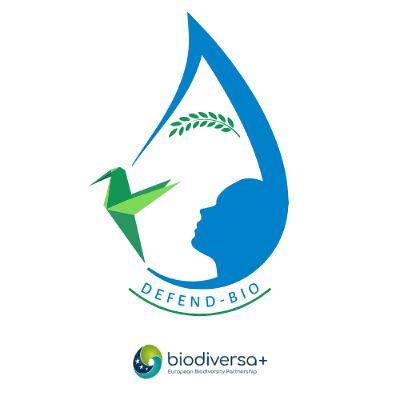
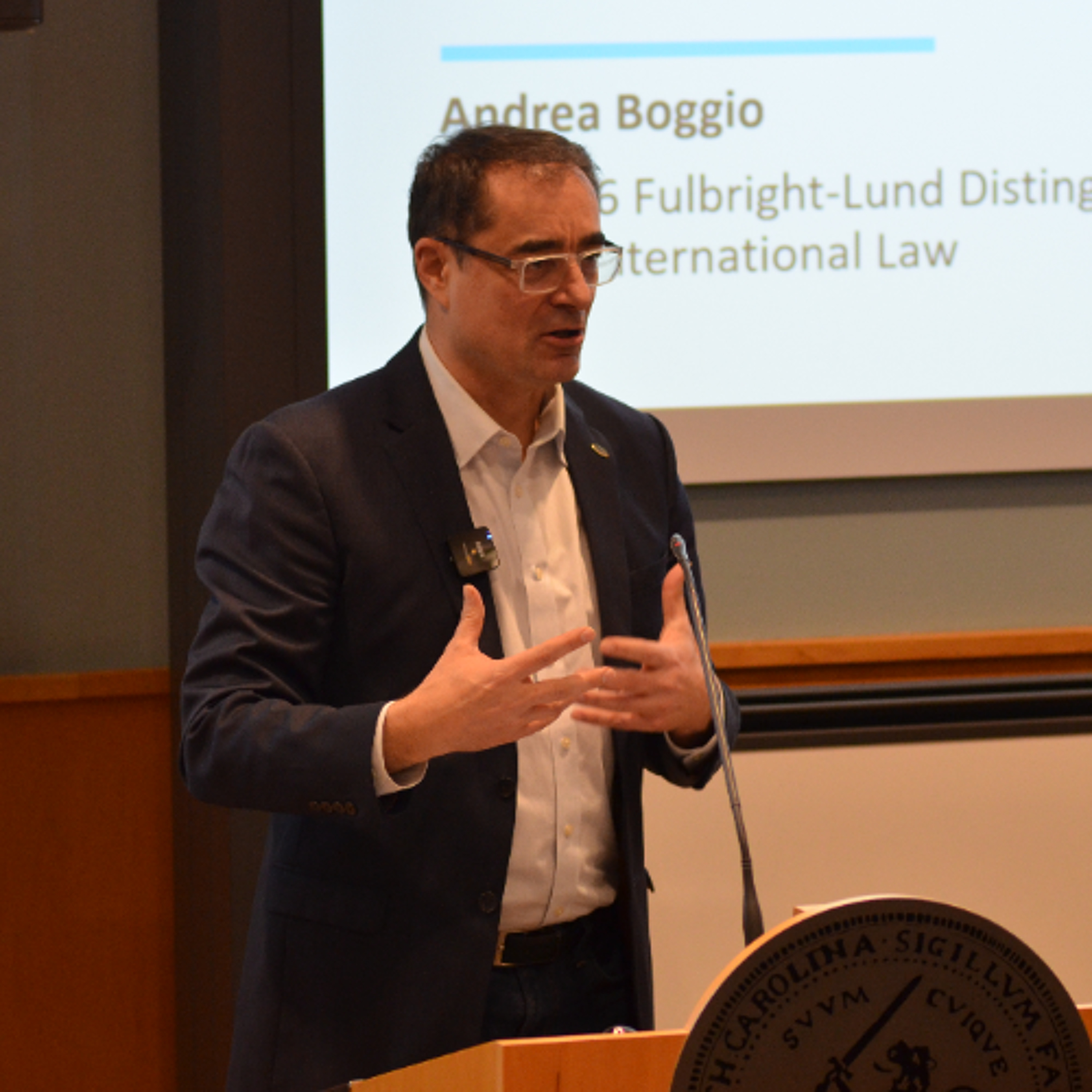
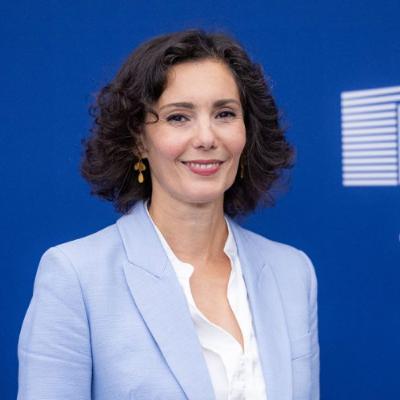


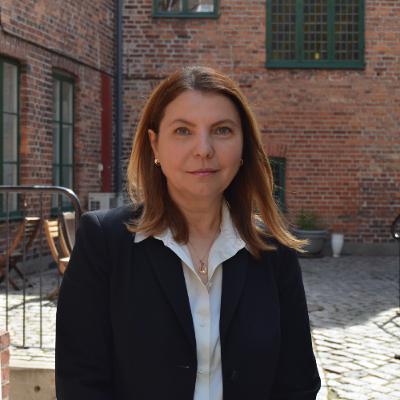
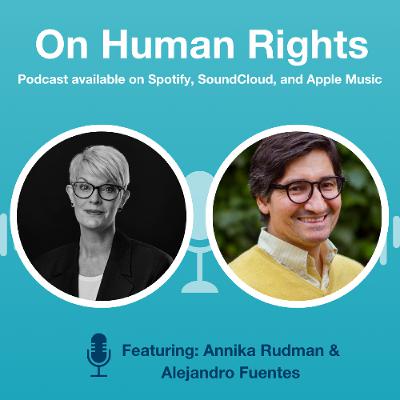
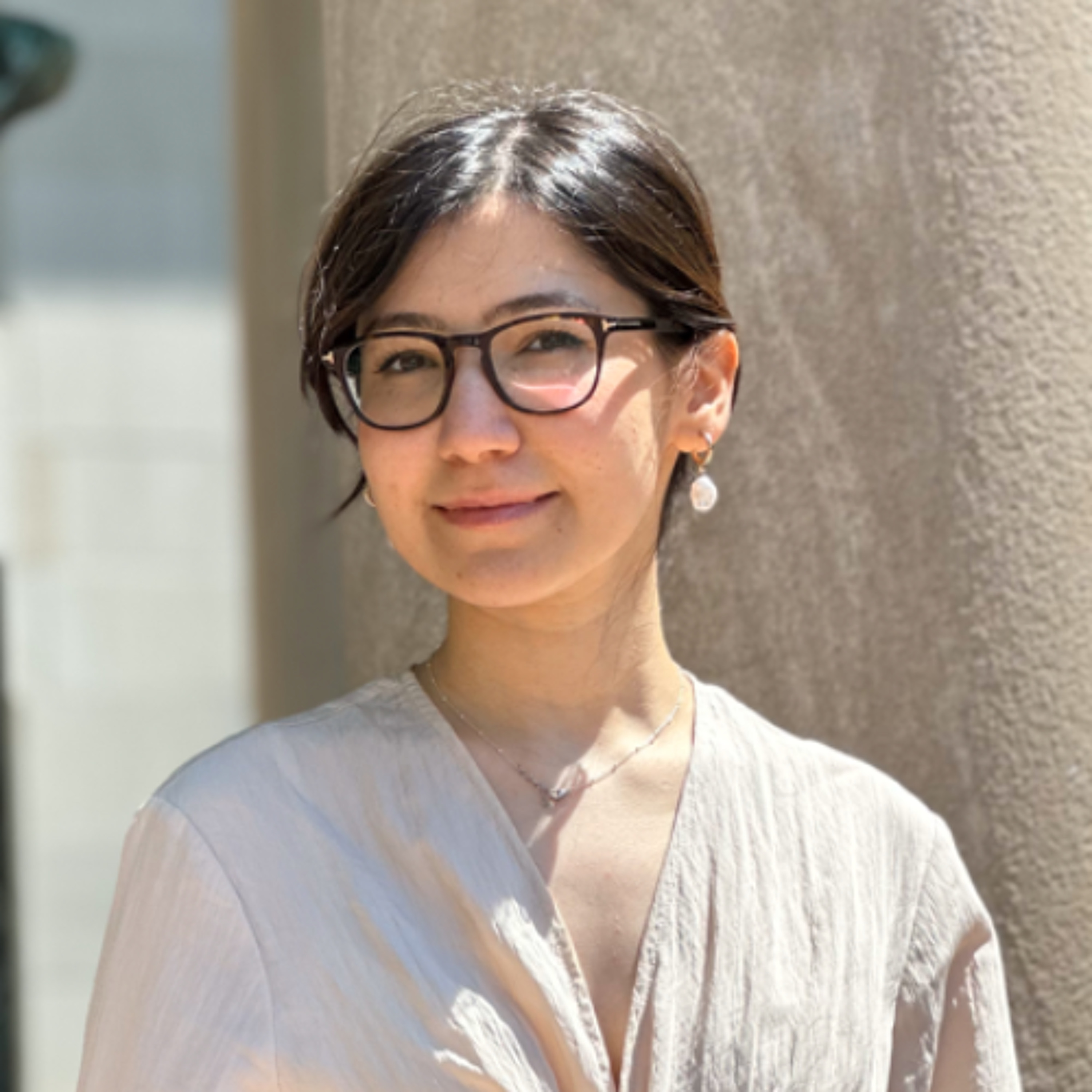



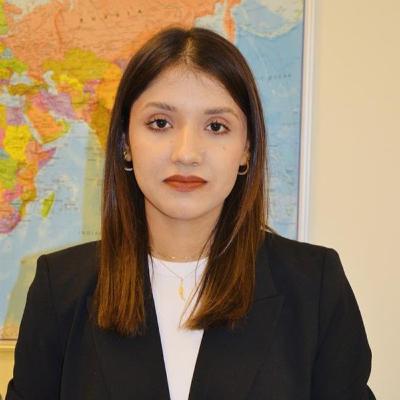
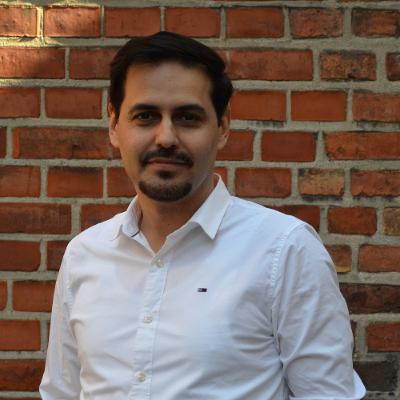
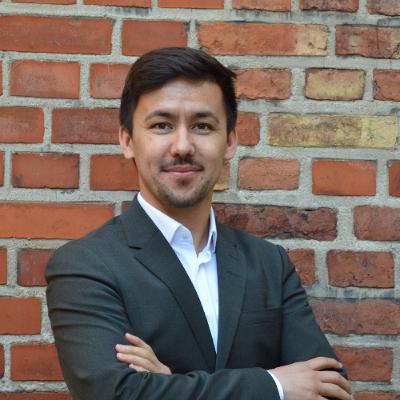



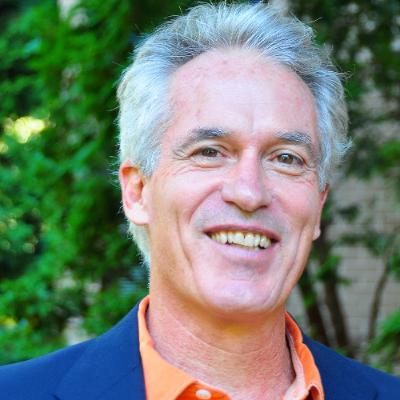
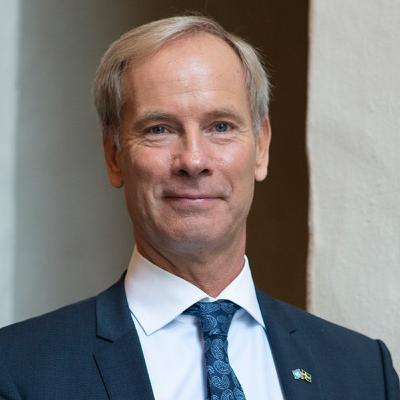



Péssimo interviewer